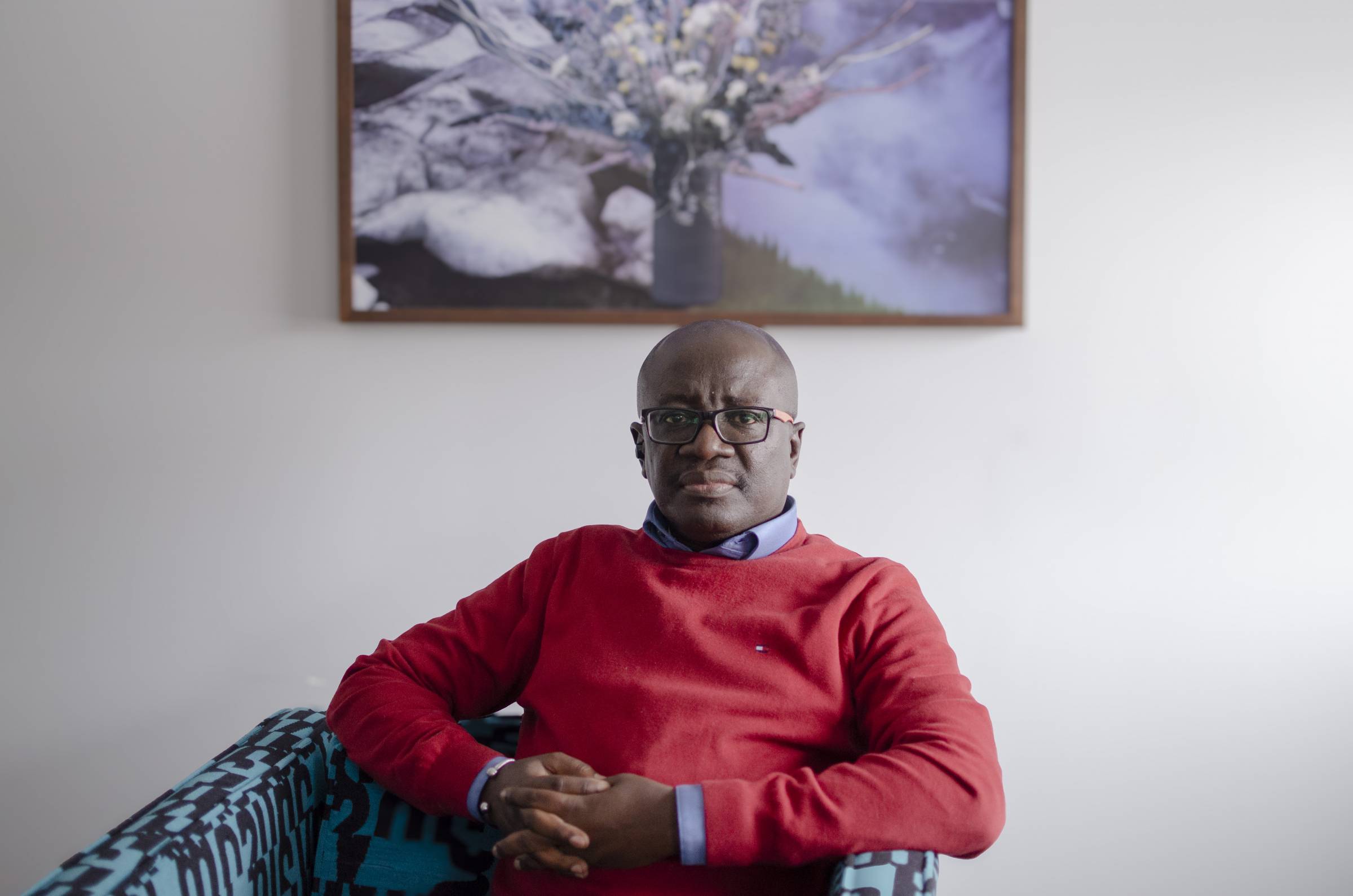
Echoes of Elmina Castle: Edmund Opoku-Agyeman’s journey to reclaiming Black identity
As Black History Month comes to an end, stories of resilience and triumph have come to the forefront. For Edmund Opoku-Agyeman, his journey from Ghana to Canada showcases the impact of centuries of history on personal identity and opportunity.
Born and raised in Ghana, Edmund’s connection to its history runs deep. His maternal hometown, Elmina, is home to Elmina Castle (Fort St George’s)—one of the most significant landmarks of the transatlantic slave trade. Built by the Portuguese in 1482, the castle evolved from a gold trading post into a major center for the enslavement of Africans.
“In the late seventies, a few hundred years after the castle was built, an extension of it was turned into a community secondary school,” Edmund recalls. “There was enough space for classrooms, a library, a canteen, administrative offices, staff common room, and even an assembly area. I was among the fourth batch of students to attend that school in the eighties.”
Walking through the very corridors where enslaved Africans were once held left an indelible mark on Edmund’s understanding of history. To Edmund, the relived Castle experience represents the height of man’s inhumanity.
You see the dungeons where captured slaves were kept, the governor’s balcony overlooking the courtyard where female slaves were held and occasionally selected and sent to the governor’s quarters. A chapel, paradoxically, also served as a slave market where people were traded and branded for shipment. Then there was the dreaded ‘door of no return,’ where slaves were lowered into canoes and sent out to ships bound for the Americas.
In 2013, Edmund moved to Canada, bringing with him a unique perspective on Black history and identity. While he acknowledges the need for Western countries to address historical injustices, he also sees the opportunities Black people receive in Canada.
Canada is a multicultural country that offers opportunities for people from different backgrounds to succeed. So, despite my issues with the history of the slave trade, I think Black people here could have the opportunity to better their circumstances.
He reflects on his daughter’s journey in Canada as an example of this possibility. From being a reserved student in Ghana to becoming the President of the Faculty of Arts Student Body Council at the University of Manitoba, she found an opportunity to lead and be an advocate for others. “I asked her if she could have done the same in Ghana, and she said, ‘I don’t think so. Because I found the space here, and I moved to occupy it.’”
For Edmund, Black History Month is more than just a time to reflect on the past—it’s an opportunity to highlight Black achievements and contributions worldwide.
The late Jamaican reggae musician Peter Tosh said, ‘No matter where you come from, as long as you are a black man, you are from Africa.’ Black History Month naturally emphasizes the struggles, but it also showcases our ability to break glass ceilings across the world as Black people.
While Canada has made strides in embracing Black culture and history, Edmund believes it is ultimately up to Black communities to claim their space. “It’s not necessarily Canada’s responsibility to define our presence. The country has shown openness; now it’s on us to share our stories and push forward.”
Stories like Edmund’s remind us of the importance of honouring the past while forging a path toward a brighter, more inclusive future.






